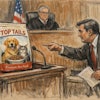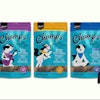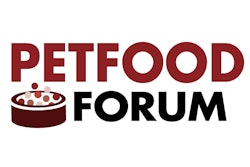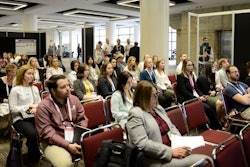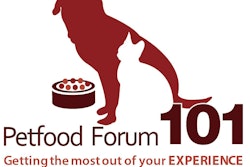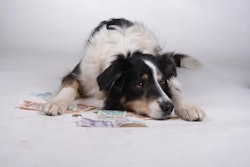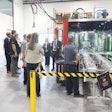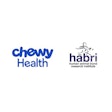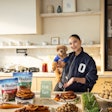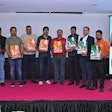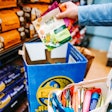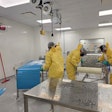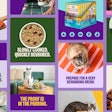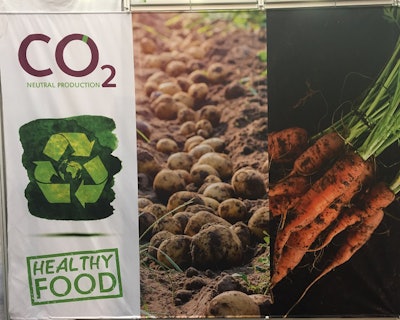
In September 2019, Goood announced that sales of its sustainable seafood recipe dog foods would be donated to One Earth One Ocean, an ocean conservation charity.
“Plastic pollution is one of the biggest challenges we face and companies like One Earth One Ocean are absolutely vital for cleaning up our oceans,” Hugo Griffiths, GooodUK director said in an email.
For every kilogram of Goood dog foods sold, the charity will remove two kilograms of plastic from the ocean. The charity uses three vessels to remove this ocean plastic: the Sea Hamster, which cleans inland waters and rivers; the SeeKuh (or Sea Cow), which can collect two tons of plastic waste per trip, reaching plastic up to four meters deep; and the SeeElefant (Sea Elephant), which takes all the waste collected by the SeeKuh with onboard cranes.
The charity collects this ocean plastic, which is then recycled or converted back into sulphur-free heating oil. Approximately 900 liters of oil can be recovered from one ton of plastic, according to the organization. The group is also involved in oil purification, microplastics, research, education and documentation on marine littering in order to encourage positive behavior change when it comes to plastic use.
“As well as working with One Earth One Ocean, we also undertake a number of other initiatives,” Griffiths said. “From supporting rhino conservation in South Africa, donating to the Bumblebee Conservation Trust, to taking part in a number of afforestation projects and regularly volunteering with a local Bristol homelessness charity, we’re dedicated to giving back. We also run regular DoGoood events which include beach cleans, community dog walks and litter picks, which have encouraged people within the South West to help clean-up their local communities.”

